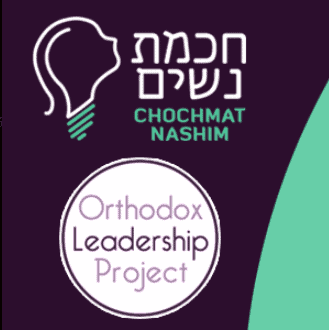Parshat Hukat is the story of transitions. The narrative begins in Chapter 20, with the death of Miriam and Aaron, after the Children of Israel have completed 40 years in the desert. But the parsha itself begins in chapter 19, with the statute (hok) of the Parah Adumah, the Red Heifer. The law describes the process a person undergoes to transition from being tameh(impure) to tahor (pure), after coming in contact with a dead body. The process itself makes little sense. The kohanim (priests) prepare the Red Heifer’s ashes outside of the camp or Temple (Middot 2:4). During its preparation, those kohanim who burn the cow or gather its ashes become impure, and must wash their clothes and ritually immerse themselves in a mikveh. The kohen who sprinkles the ash water remains pure. The paradox of this ritual is best seen in Chapter 19 verse 19:
| 19. The ritually clean person shall sprinkle on the unclean person on the third day and on the seventh day, and he shall cleanse him on the seventh day, and he shall wash his clothes and bathe in water, and he shall become ritually clean in the evening. | יט וְהִזָּ֤ה הַטָּהֹר֙ עַל־הַטָּמֵ֔א בַּיּ֥וֹם הַשְּׁלִישִׁ֖י וּבַיּ֣וֹם הַשְּׁבִיעִ֑י וְחִטְּאוֹ֙ בַּיּ֣וֹם הַשְּׁבִיעִ֔י וְכִבֶּ֧ס בְּגָדָ֛יו וְרָחַ֥ץ בַּמַּ֖יִם וְטָהֵ֥ר בָּעָֽרֶב: |
A pure person sprinkles the impure person with the ash water of the Red Heifer and somehow the impure person becomes pure. But what exactly does this water do? What does this ash water do for the Tameh person?
